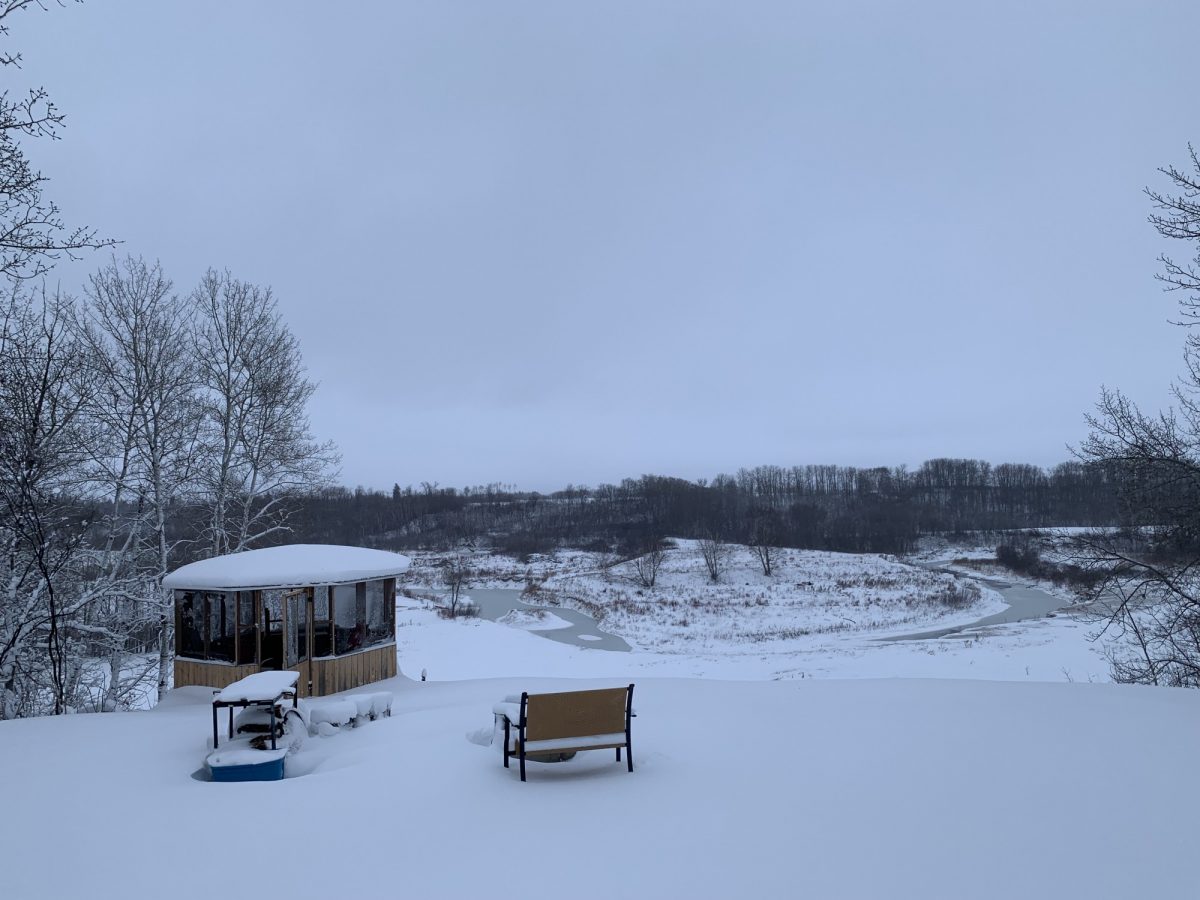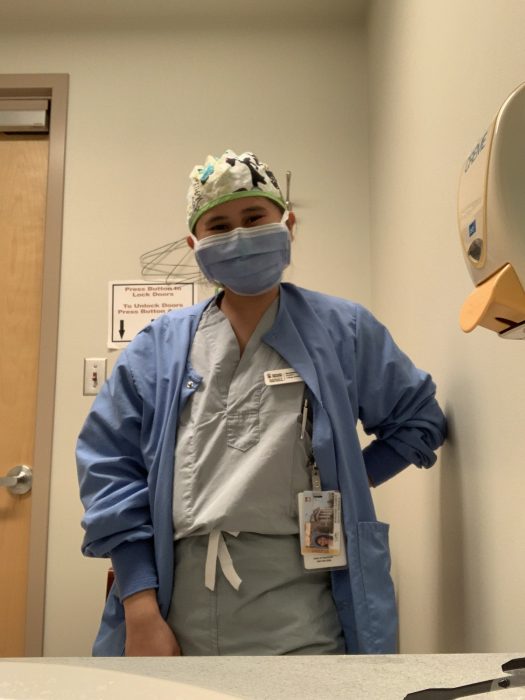
Small towns and big opportunities
New Rady travel policy sends students to rural placements
A new initiative at the Rady Faculty of Health Sciences opens the door for all students to explore the province while refining their skills as health-care professionals without financial stress.
The Rady travel policy, launched in January 2021, covers students’ lodging and transportation to all rural placements outside of Winnipeg’s perimeter highway which meet their program’s practicum requirements at rural hospitals, nursing stations and private clinics in Manitoba.
The opportunity is open to any student in the Rady Faculty of Health Sciences about to begin their practicum. Since April 2021, with support from the Rady travel policy, more than 200 students have participated in rural placements in 61 communities, including First Nations, across the province.
All five health regions in Manitoba have expanded their capacity for rural placements and have been very supportive in identifying communities that have the capacity to accept learners since the initiative launched.
“It’s such a great opportunity to travel and it’s exciting [for students] to see rural sites as they run a little differently than in a city. In the city, you are quite focused on one [hospital] unit. In the rural centres, you’re more of a jack of all trades, you’re always moving around units,” says Christa Massey, coordinator for clinical placements at the College of Nursing. “It’s exciting because it offers a broader learning experience.”
For third-year doctor of pharmacy student Erin Lee, the rural placement meant working in a hospital, learning from a multitude of professionals, all while enjoying the natural surroundings of Pinawa.
“Practicing pharmacy in a rural setting is a lot different than in the city. You’re working, collaborating with dieticians and physiotherapists whereas in the city you’re mostly working with other pharmacists,” she says. “Then after work, you can go for a run or kayak, and there are deer everywhere. It’s so beautiful.”
Lee encourages other students to complete work placements across the province.
Being away from home can be daunting for some, says Massey, but students can request to be placed with friends from their program to make the adjustment a little easier.
“It seemed scary at first, but once I got there, it was so rewarding,” says Lee.
When Marianne Dijamco first heard about the rural placement option, the fourth-year nursing student knew she wanted to see how nursing differs in rural communities from the city. The placement helped open her eyes to what nursing can look like and how the roles of a nurse differ across the province.

Marianne Dijamco ready to start her day at the hospital
“The most important thing I learned was that nurses can be leaders. When you see nurses on TV, it’s usually doctors running the whole show,” she says. “But I saw nurses leading patient care, ordering tests and implementing treatment plans.”
Not only did Dijamco complete her first IV insertion in Swan River, but she also was able to help with a patient’s dialysis treatment, something nurses in the city typically do only after graduation.
“Swan River was a lot different than my practicum in the city, I was able to grow so much as a nurse and gained a lot of confidence,” she says. “When you start with nursing, sometimes you don’t trust your clinical judgment. When I was in Swan River, I felt like I knew what I was doing and I knew I was making a difference in the patients’ quality of life.”
Seeing the differences between hospitals in Winnipeg and in Swan River also helped Dijamco understand inequalities in the health-care system.
“In the city, we are really privileged. We have all kinds of equipment. In Swan River, we have to send patients to Winnipeg or Dauphin if they need CT scans or MRIs. That can be really hard on patients,” she says.
Dijamco is now considering looking for employment in rural areas when she graduates, and calls being placed in Swan River one of the best things to happen to her.
Without the funding from the Rady travel policy, these two students, and others like them, may not have had the chance to see the different roles they can pursue across the province after graduation. This is something Massey considers extremely important for new health-care professionals.
“I hope that students get a broader view of what health care is in our province and the great opportunities in Manitoba,” says Massey. “It helps grow their understanding of what a health-care practitioner is or does and to be a part of different things. I think that’s so valuable and it opens students’ eyes to what’s out there.”
For more information, contact rady[dot]ruralremoteplacements[at]umanitoba.ca






